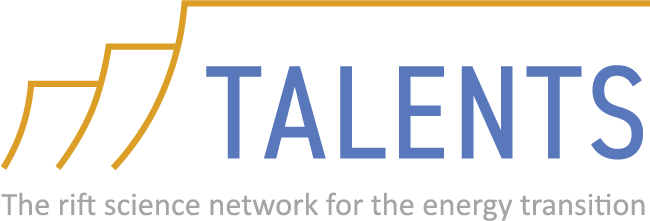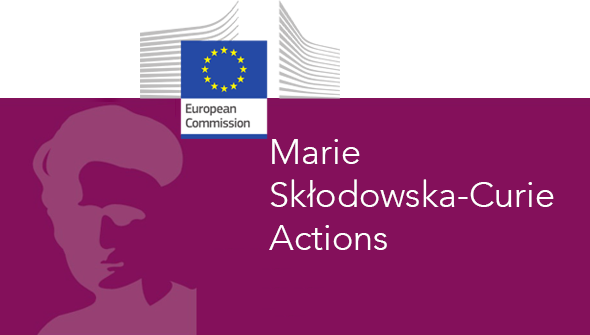The 12 research projects in TALENTS are organised in Work Packages (WP1-3) addressing our main research questions (⇒).The WPs highlight different stages and society relevant aspects of rift evolution and processes and allow an integrated combination of techniques within and between the WPs:
WP1-Initiate aims to understand rift initiation by studying fault and basin evolution through analyses of sedimentary processes using high resolution rift and fault topographic models, seismicity, borehole, seismic reflection, and geodetic data from a range of rift settings. The outcome will be an integrated quantitative understanding on how the structural evolution of rifts impacts rift morphology, surface topography, stratigraphy, and fluid flow.
WP2-Break-up targets continental break-up by addressing which factors determine whether a rift successfully breaks a continent, the factors that influence rift architecture, and how lithosphere and asthenosphere interact during rifting. These will be addressed by a combination of geodynamic numerical experiments underpinned by tectono-stratigraphic observations, seismic reflection and geochemical data. The outcome will be observations and models that constrain the parameters that control whether rifts evolve to oceans, or fail.
WP3-Society will explore the role of rifts for the transition to lower CO2 emissions, how extension impacts fluid flow in geothermal systems, and how rifting impacts hazardous seismicity and volcanism. These will be addressed using analogue and numerical experiments, as well as geophysical observations of the interactions between fluid and magma flow with rift growth, fault linkage and fault slip. The outcome will be new inter-disciplinary models of how tectonic extension, fluids, and volatiles interact during rifting, leading to better tools to target geothermal, groundwater, and even hydrogen exploration in appropriate rift settings.

